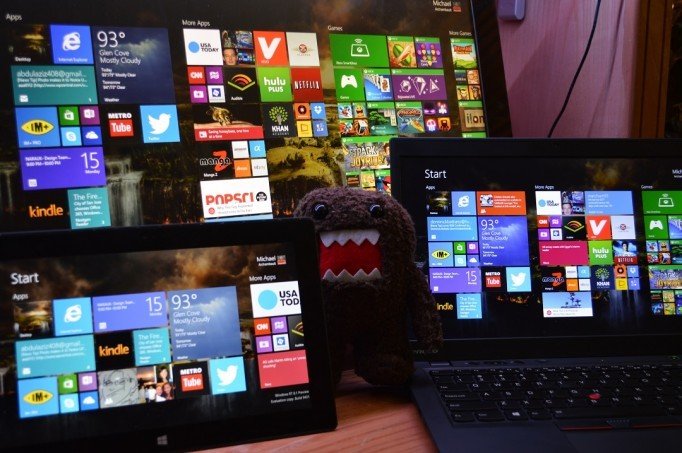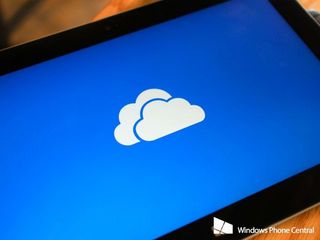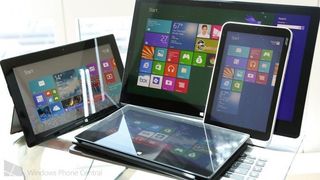Microsoft considers a future where Windows 8 is free for all

We recently received reports that Microsoft would be slashing the costs of their Windows licensees by up to 70% in an effort to take on competitors in the lower end and tablet markets including Google’s Chrome OS and Apple’s iOS. The Redmond based company may take it a step further though, according to reports released today, Microsoft could be experimenting with a free version of Windows 8 and an alternative way of bringing in consumers.
When you start up your Windows 8 computer, you are instantly launched into a world of free Microsoft services including Bing Search, OneDrive, Skype, and (in some cases) copies of Office. While, the free inclusions may be an incentive for picking up Windows 8 over other operating systems – Microsoft is not sure if it is the solution for them.
Microsoft Might Have a Problem
To break it down in overly simplistic terms, there are two ways one can usually pair software and services. One can take the Google approach (also used by Amazon) and provide their software free, and decide to make revenue on services, or one can take the Microsoft approach (also used by Apple) and provide their services free after buying into their software.

The problem is that in today’s world, a lower cost of entry into an ecosystem can define its success versus surrounding competitors. While a few of us would push up our noses at the mention of Google’s low cost Chromebooks, the $249 price tag that accompanies many of the devices is something to pique the interest of users in an uncertain economy.
Microsoft’s solution in battling the problem may be to make their Windows 8 operating system free of charge, while instead making money off their services and app ecosystem. This idea has become known after Microsoft journalist, Mary Jo Foley, has reported that a new SKU known as “Windows 8.1 with Bing” could be “a kind of placeholder for the future when consumer operations systems are [basically], free.” While the strategy is not etched in stone and shows no immediate signs that it could be thrown onto the marketplace – it is an interesting position to consider from Microsoft’s position.
The Possible Solution
The benefit of making Windows 8 free is evident as soon as the idea is mentioned – increased operating system market share and the ability to reach lower end markets with ease. The trade-off would be the fact that Microsoft would now need to make the majority of its money from its Windows app store and supporting services (many that are already free).
It is suggested that one solution to the problem would be performing a 180-degree turn and deciding to charge for services such as Skype, OneDrive, and Bing. It is a bit difficult to imagine that in a world ruled by Google, that users would pay for Bing, but it is a thought for consideration.
Get the Windows Central Newsletter
All the latest news, reviews, and guides for Windows and Xbox diehards.

With today’s current strategy, Skype is a free service powered by ads and OneDrive storage space is constantly being given away (such as recently with Bing Rewards). If Microsoft was to chase the free operating system option – much of this could change.
In essence, you would not be paying much more (or more at all) as a consumer, because all of the money that you would have invested in paying for your operating system license would now be spent on the services – it would even itself out.
While there is no confirmation at this point that “Windows 8 with Bing” is more than an experiment by Microsoft, the possibly of a future with free operating systems is a likely one as we try to push device prices ever father down.
How would you feel if Microsoft switched to a free version of Windows 8 and instead began charging for services such as Skype and OneDrive?
Source: ZDNet
